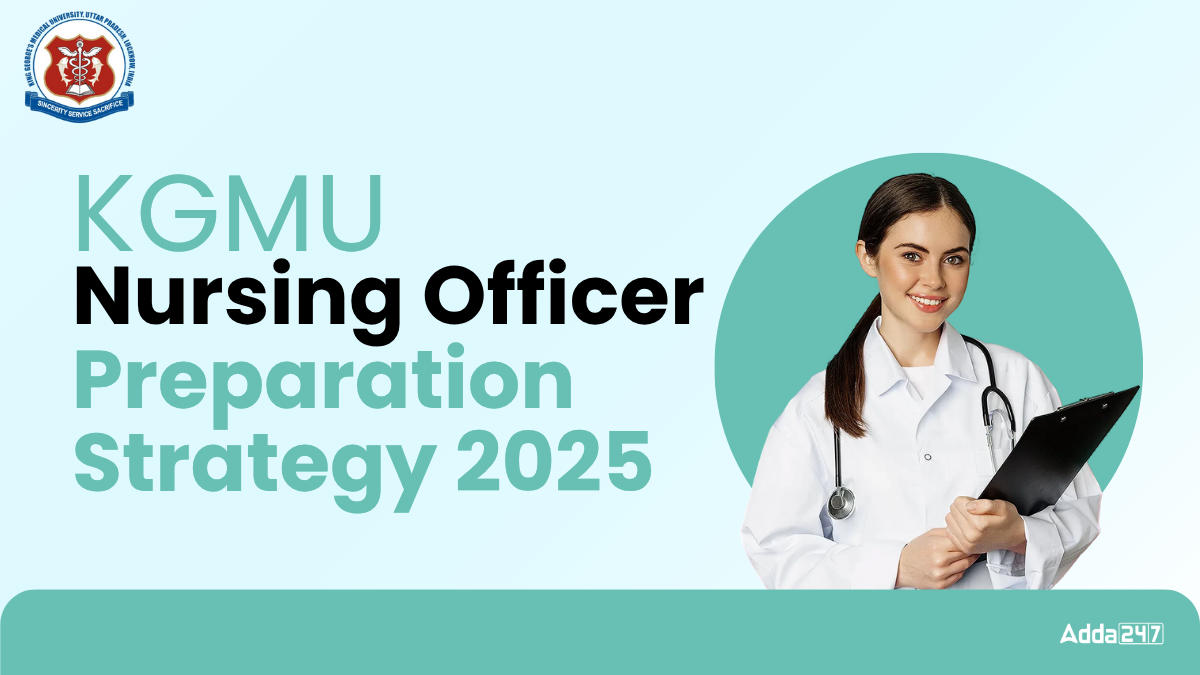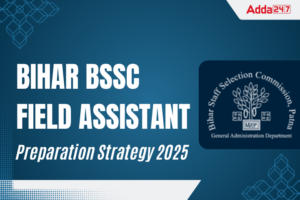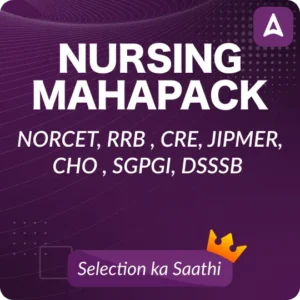Though the official exam date for the KGMU Nursing Officer 2025 recruitment is yet to be announced, aspirants must not wait for the final call to begin their revision. As per recent updates, the exam is tentatively expected in the first week of July 2025, which means the final countdown has already begun. This is the right time to give your preparation the finishing touch with a highly customized KGMU Nursing Officer preparation strategy 2025. From revising key nursing concepts to solving mock tests, every effort now will reflect in your final score.
KGMU Nursing Officer Exam Structure
The KGMU Nursing Officer exam follows a Computer-Based Test (CBT) format designed to assess both the candidate’s core nursing knowledge and aptitude-based skills. Understanding the exam structure beforehand will help you manage your time effectively and prioritise sections during your final preparation. The test comprises 100 multiple-choice questions, to be attempted in 120 minutes, with a negative marking scheme in place for incorrect answers. Here’s a detailed overview of the exam pattern:
| KGMU Nursing Officer Exam Structure 2025 | |||
|---|---|---|---|
| Section | Number of Questions | Maximum Marks | Key Topics |
| Nursing Subjects | 60 | 60 | Anatomy, Physiology, Community, Midwifery, Medical-Surgical, Child Health, Mental Health, etc. |
| General Knowledge (GK) | 10 | 10 | Current affairs, Static GK, Government schemes |
| English Language | 10 | 10 | Grammar, Vocabulary, Comprehension |
| Reasoning Ability | 10 | 10 | Series, Coding-Decoding, Puzzles, Logic |
| Quantitative Aptitude | 10 | 10 | Arithmetic, Data Interpretation, Averages |
| Total | 100 | 100 | |
| Duration | 120 Minutes | ||
| Negative Marking | Yes (–⅓ per wrong) | ||
Final Week KGMU Nursing Officer Preparation Strategy
With just a few days left for the exam, your strategy should revolve around revision, mock test analysis, and sharp focus on high-scoring areas. There’s no need to dive into untouched topics now. Instead, reinforce what you already know, brush up on important concepts, and test yourself under exam-like conditions. Here’s how you should go about it:
Prioritise and Revise Core Nursing Subjects Every Day
How to do it smartly:
- List down all nursing subjects you’ve studied so far: Medical-Surgical Nursing, Community Health, Pediatrics, Mental Health, Midwifery, Anatomy, etc. Now, divide these into manageable slots per day. For example:
- Day 1-2: Medical-Surgical + Anatomy
- Day 3-4: Community + Child Health
- Day 5-6: Mental Health + Midwifery
- Day 7: Overall revision via quick flashbacks
- Use summary sheets, mind maps, or highlighted notes. Don’t reread full chapters now.
- Focus on disease management protocols, nursing procedures, medications, patient safety, and commonly asked case-based questions.
Attempt 1 Full-Length Mock Test Every Day – No Excuses
- Manage the 120-minute pressure
- Identify your weak zones
- Spot patterns in silly mistakes
- Build mental endurance
How to do it:
- Start with mocks from trusted platforms or previous years’ patterns.
- Sit for the mock in a quiet place, strictly timed, and simulate exam-like conditions (no breaks).
- After the test, spend at least 1–1.5 hours reviewing:
- Which questions you got wrong and why
- Was the error conceptual, a misread, or due to rushing?
- Update your “mistake logbook”, this is your goldmine for improvement
Focus on Error Analysis – More Than the Test Score
How to do it:
- Maintain an error tracker notebook or Excel. Note:
- Question topic
- What went wrong (concept? time management? trick?)
- Correct approach or shortcut
- Revise this log daily. Before your next test, give a 15-minute scan to your previous mistakes.
Revise English, Reasoning & Maths in Small Daily Slots
How to do it:
- Spend 30-40 minutes daily on this trio. One section per day or all three split into small sprints.
- For English, revise:
- Grammar rules (Active/Passive, Tense correction, Prepositions)
- Vocabulary (Synonyms, Antonyms, One-word substitutions)
- Error spotting and sentence correction
- For Reasoning:
- Practice puzzles, series, syllogism, blood relations, and direction sense
- For Maths:
- Focus on arithmetic topics like percentages, averages, ratios, simple interest, and DI (Data Interpretation)
- Don’t chase hard questions, just get the basic questions right and quick
Quick Revision of General Knowledge (GK) – 6 Months Focus
How to do it:
- Stick to last 6 months’ current affairs, especially health schemes, awards, appointments, budget, major national/international news.
- Revise Static GK topics like Indian Constitution basics, major government schemes (especially related to healthcare), and basic UP state knowledge.
- Use one-liner notes, current affairs capsules, or a YouTube 30-minute revision series.





 Preparation Strategy For Bihar BSSC Fiel...
Preparation Strategy For Bihar BSSC Fiel...
 NHM Maharashtra Recruitment 2025 Notific...
NHM Maharashtra Recruitment 2025 Notific...
 RRB Paramedical Salary 2025, Post wise S...
RRB Paramedical Salary 2025, Post wise S...

 Adda247 Job portal has complete information about all Sarkari Jobs and Naukri Alerts, its latest recruitment notifications, from all state and national level jobs and their updates.
Adda247 Job portal has complete information about all Sarkari Jobs and Naukri Alerts, its latest recruitment notifications, from all state and national level jobs and their updates.